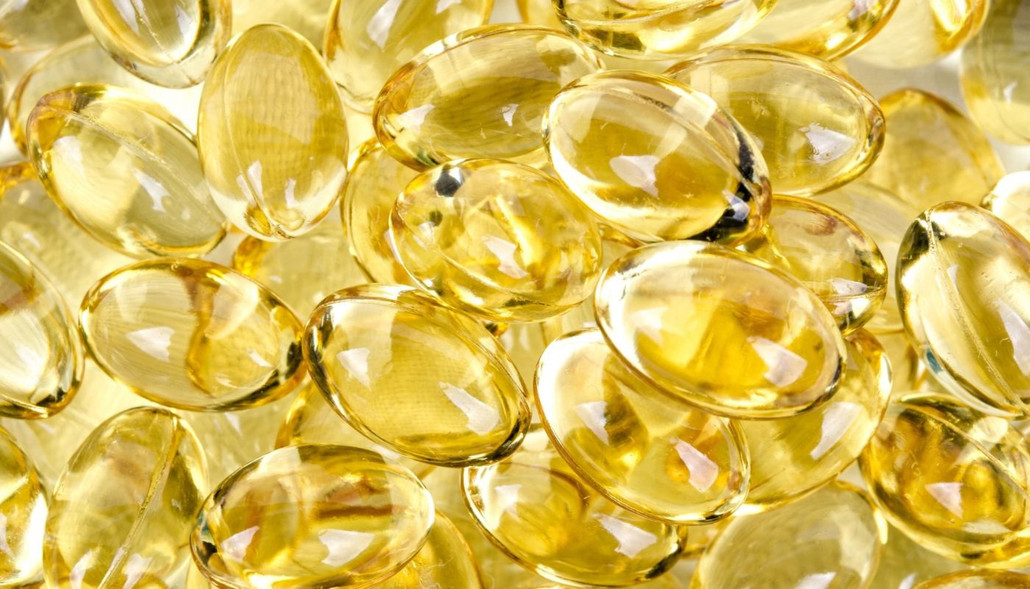
The Amazing Benefits of Vitamin E for Skin
2nd Dec 2022
Vitamin E is a fat-soluble antioxidant essential for the maintenance of healthy skin. More than just one compound, vitamin E is actually a group of related molecules that each have their own unique properties. Our bodies normally absorb this nutrient through the sebum we produce, but topical vitamin E application can also supply skin with the nutrient and even give us access to forms that are not found in the diet. There are several types of vitamin E, but the form of vitamin E that is most often used in skincare products is known as tocopheryl.
What are the benefits of vitamin E for skin?
Vitamin E works to protect the skin from free radicals, UV light, and associated inflammation. Topical application and use of vitamin E is an ancient practice with a long history, from the application of oil to the skin to modern cosmetic formulations.
Because it is fat-soluble, common skin care products containing this ingredient include vitamin E oil supplements, serums, creams, and more.
Use vitamin E to prevent skin damage.
The topical application of vitamin E is known to be an excellent way to protect your skin from sun damage, free radicals, and more. Studies have shown that, in humans, the use of vitamin E has, "successfully reduced the peroxidation of the skin's surface lipids, diminished erythema, and dampened immune cell activation after UV exposure." This is especially true when a combined use of vitamin c and e is applied in a skin care routine.
Since skin damage leads to signs of aging, vitamin E may also reduce the appearance of wrinkles and fine lines. Over time, this can also be a protective measure against the development of skin cancer, acute and chronic skin conditions, and more. When it comes to skin health, this ingredient is a must.
Bonus: Vitamin E is extremely moisturizing.
Unlike other vitamins, vitamin E is also a double-duty workhorse for maintaining skin hydration. It can act both as a humectant (absorbing water into the skin) and an emollient (trapping water in the skin). This makes it a very powerful tool for healing wounds, soothing irritation from disorders like eczema or psoriasis, and generally repairing the skin. This ability to help cellular restoration can further assist with sun damage, acne scars, and burns. If you suffer from dry skin, use vitamin e to help boost your hydration routine.
Vitamin E and the Skin Barrier
Vitamin E's moisturizing properties, and its ability to protect the skin from damage caused by environmental pollutants, make it an essential part of the skin’s barrier system. The skin barrier helps regulate its own moisture levels, regulate temperature, and resist pollution and other external elements. It also helps protect against infection and inflammation. Additionally, it provides a waterproof barrier to help keep the skin hydrated and protected from environmental stressors. This can make a significant difference in how healthy the skin appears, and it is why products that contain vitamin E are an important part of a skin care regimen.
Without a healthy skin barrier, you could start to notice a variety of problems. These problems can include dryness, irritation, redness, sensitivity to products, and even breakouts. When your skin barrier is not functioning properly, it is much more difficult for your skin to retain moisture and protect itself from environmental factors such as pollutants and UV rays. In addition, a weakened skin barrier can impair the process of cell turnover and slow down the healing process of any wounds that may have occurred on the surface.
